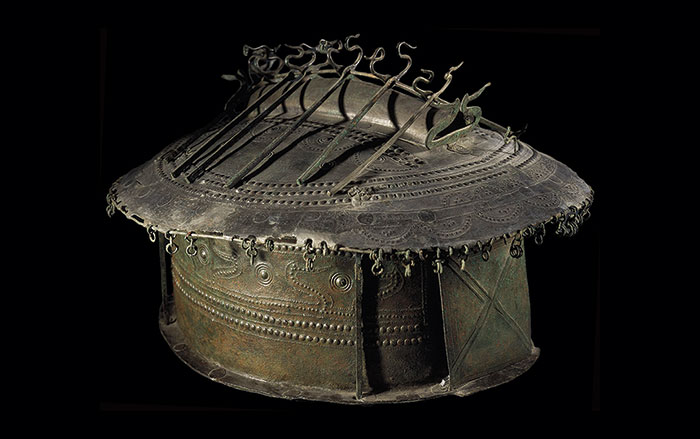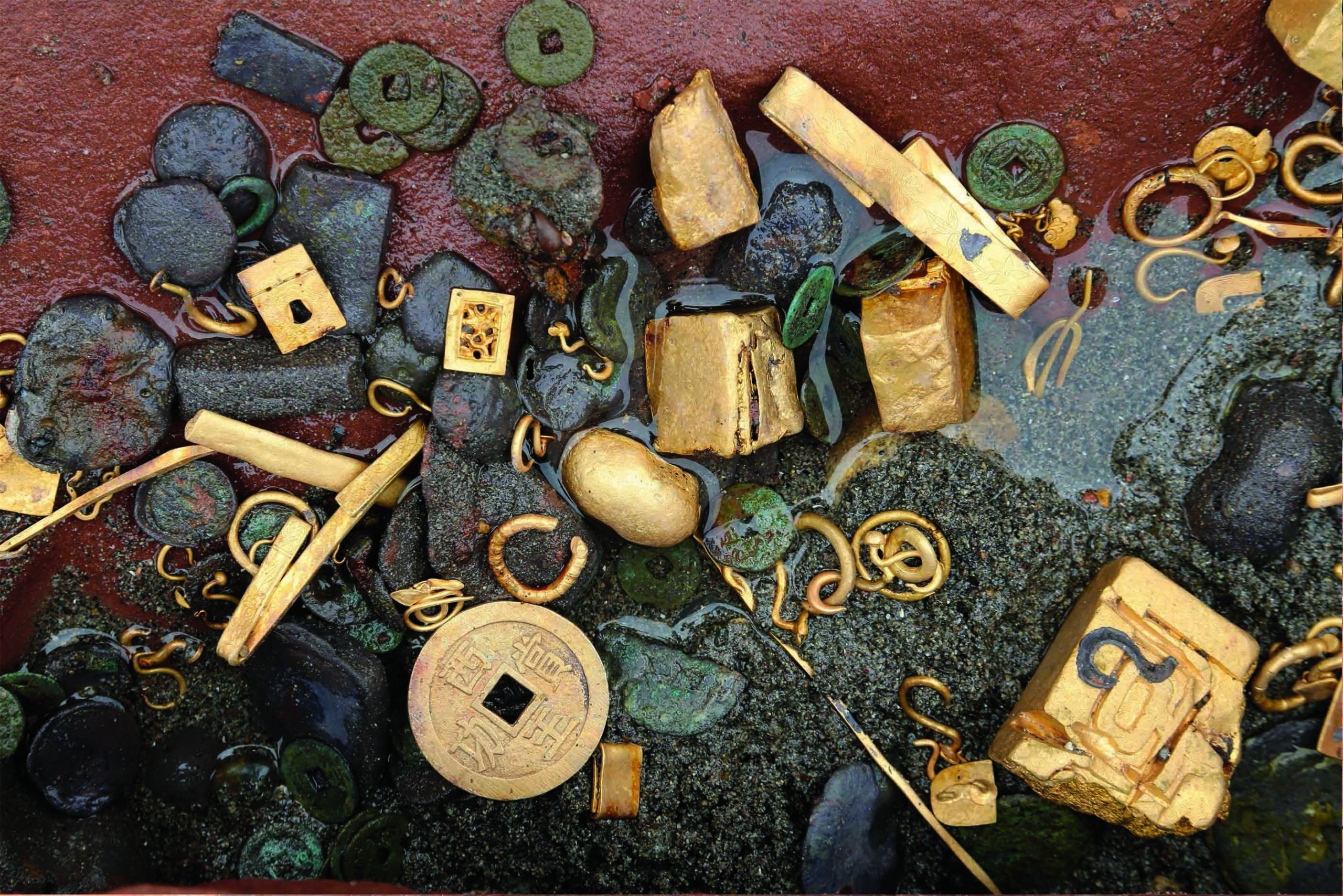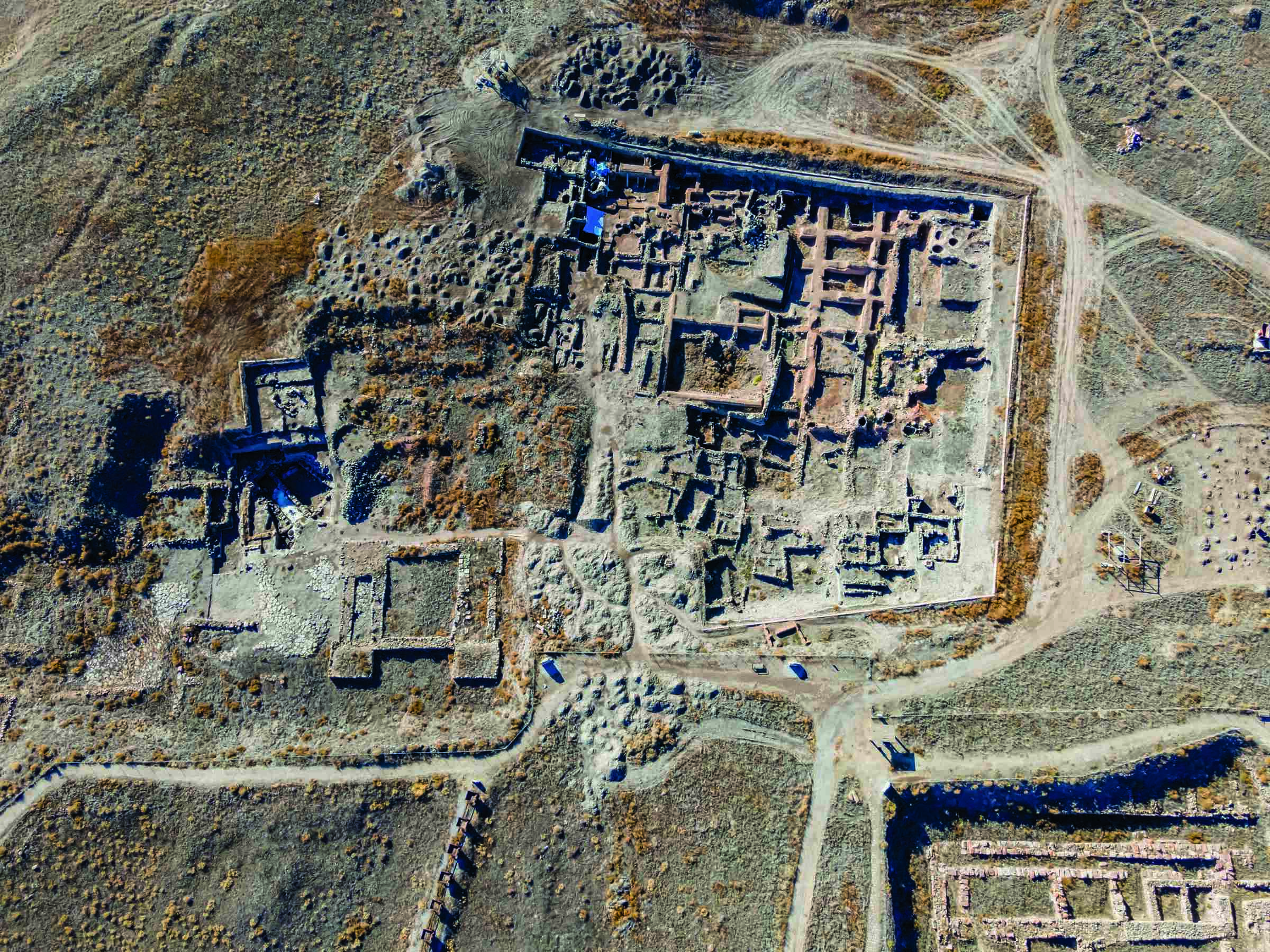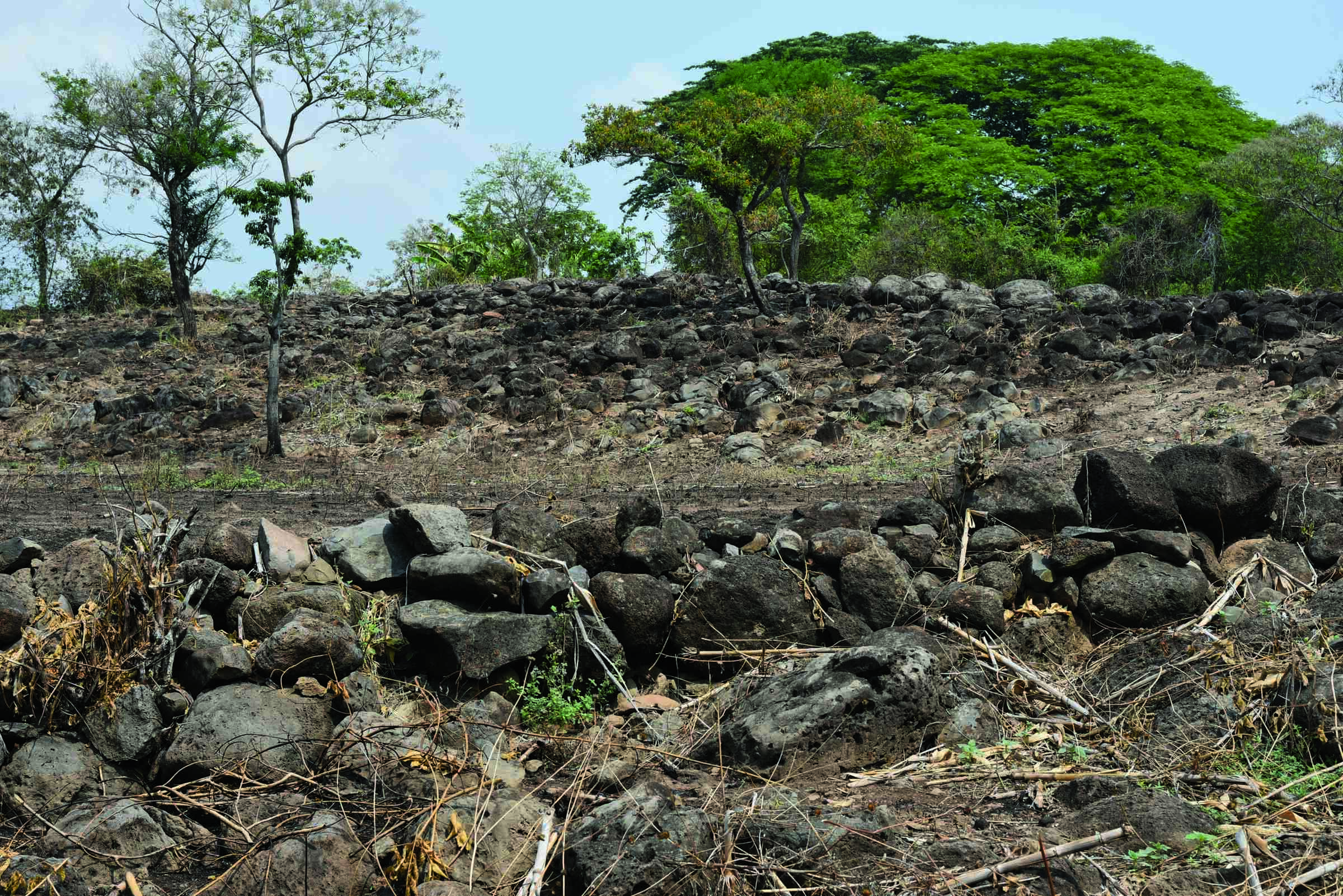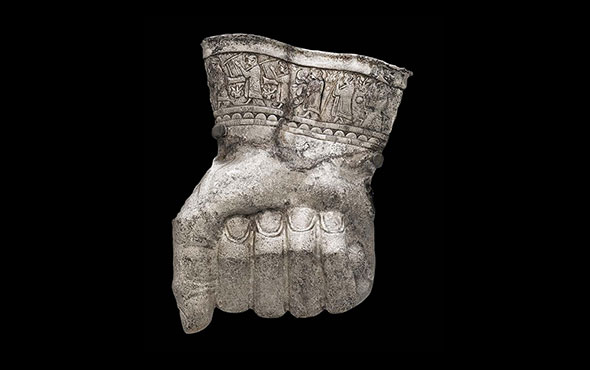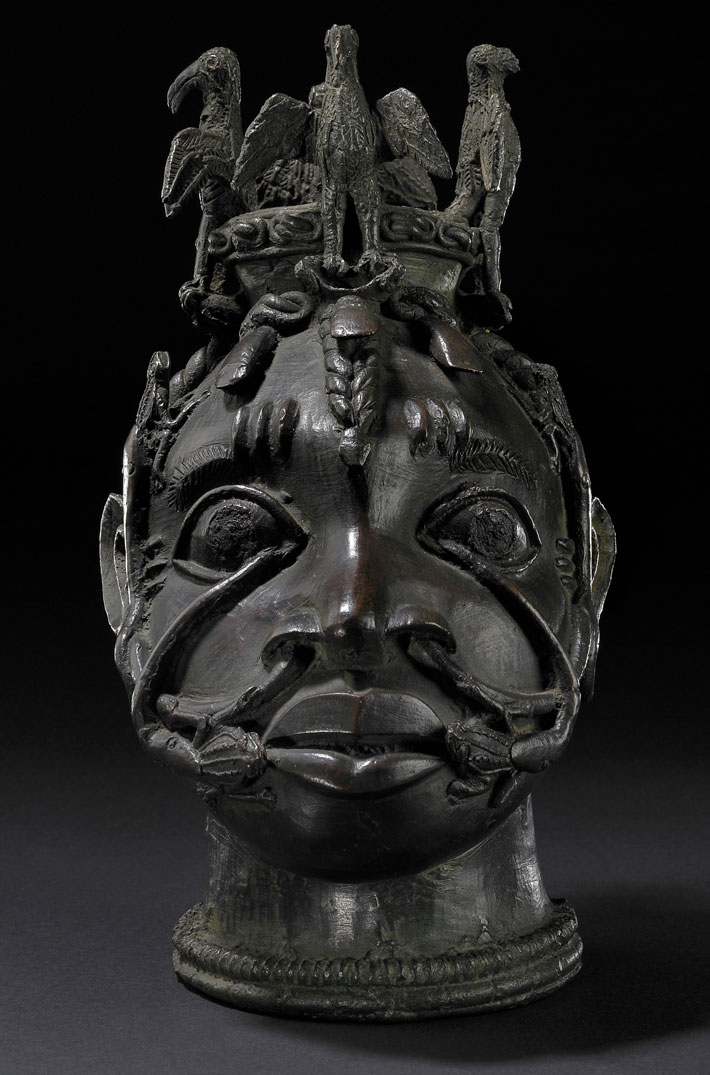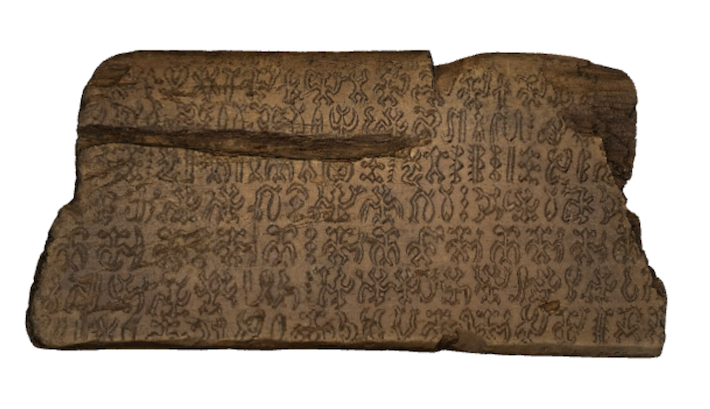
ROME, ITALY—In the nineteenth century, Roman Catholic missionaries took four wooden tablets bearing rongorongo glyphs from the island of Rapa Nui, which is also called Easter Island, and sent them to the bishop of Tahiti. The tablets eventually landed in a congregation of Catholic nuns based in Rome. Only 27 examples of the script survive, and none of them is housed in Rapa Nui. According to a Live Science report, samples from the four rongorongo tablets in Rome were recently radiocarbon dated by a team of researchers led by philologist Silvia Ferrara of the University of Bologna. The tests revealed that three of the tablets were made from trees cut down in the eighteenth or nineteenth centuries. The fourth tablet came from a tree felled sometime between 1493 and 1509, some 200 years before the arrival of Europeans in the 1720s. The date supports the idea that the rongorongo glyphs were developed independently, without the influence of a European writing system, Ferrara said. The analysis also suggests, however, that the wood used to make this tablet may have been a piece of driftwood, since it is from a tree species not native to the island. Read the original scholarly article about this research in Scientific Reports. To read about another discovery from Rapa Nui, go to "Around the World: Chile."





